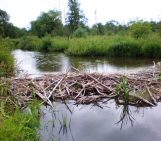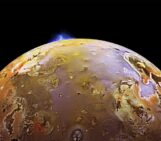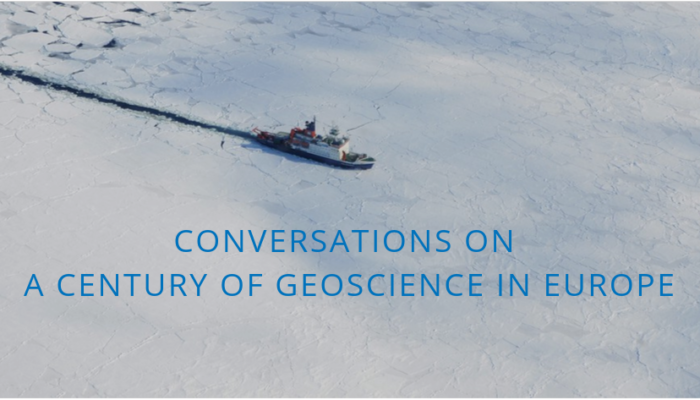
When you think about the last century of geoscience, what comes to mind? Perhaps Alfred Wegener’s theory of continental drift? Or Inge Lehmann’s discovery of Earth’s solid inner core?
Over the last 100 years, geoscientists have made incredible contributions to our understanding of the Earth, the solar system, and beyond. The science community has explored uncharted territory, challenged previously held conceptions, provided vital information to policymakers, worked to address societal challenges, and put forth paths for sustainability. Through the years, researchers have also worked to promote diversity, inclusion, transparency, and accessibility in the geosciences. Many Europe-based scientists have been at the forefront of these advances.
Inspired by the centennials of the American Geophysical Union (AGU) and the International Union of Geodesy and Geophysics (IUGG), which were both founded in 1919, we would like to highlight Europe’s role in shaping the geosciences and the great achievements of European geoscientists within the last century.
In this series of interviews, scientists across different disciplines and scientific fields reflect on the last 100 years of Earth, space and planetary sciences in Europe and share their perspectives on the future:
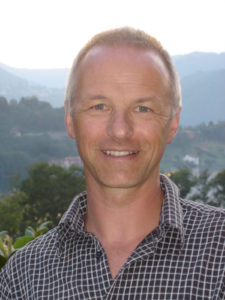 Karsten Gohl: Head of Geophysics Section at the Alfred Wegener Institute (AWI) Helmholtz Center for Polar and Marine Research
Karsten Gohl: Head of Geophysics Section at the Alfred Wegener Institute (AWI) Helmholtz Center for Polar and Marine Research
One of the broadest achievements in the geosciences in the last century is the transformation from individual discipline-oriented foci to an understanding of the interacting components of the entire Earth system in its complexity.
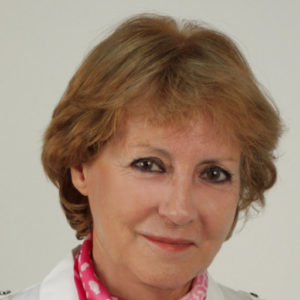 Anny Cazenave: Director for Earth Sciences at the International Space Science Institute in Switzerland, and emeritus scientist at the Laboratoire d’Etudes en Géophysique et Océanographie Spatiales (LEGOS)
Anny Cazenave: Director for Earth Sciences at the International Space Science Institute in Switzerland, and emeritus scientist at the Laboratoire d’Etudes en Géophysique et Océanographie Spatiales (LEGOS)
Current research in Earth sciences needs to account for the impacts of human activities on the Earth System… as well as for the impacts of natural systems on human societies.
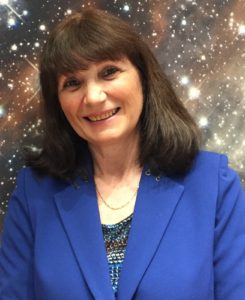 Mioara Mandea: Programme Manager for the Solid Earth Observation / Directorate of Innovation, Applications and Science at the Centre National d’Etudes Spatiales (French Space Agency)
Mioara Mandea: Programme Manager for the Solid Earth Observation / Directorate of Innovation, Applications and Science at the Centre National d’Etudes Spatiales (French Space Agency)
A large number of European scientists has influenced my work over the last decades, and I would like to thank each and every one for support and guidance.
 Judith A. McKenzie: Professor em. of Earth System Sciences in the Geological Institute, Department of Earth Sciences at the ETH Zurich
Judith A. McKenzie: Professor em. of Earth System Sciences in the Geological Institute, Department of Earth Sciences at the ETH Zurich
Meeting these challenges from a geologic prospective will be essential for the survival of the quality of life that we have come to expect in Europe during the last century.
Interviews by Olivia Trani, EGU Communications Officer
You can find more of our interviews on a century of geoscience in Europe here:

